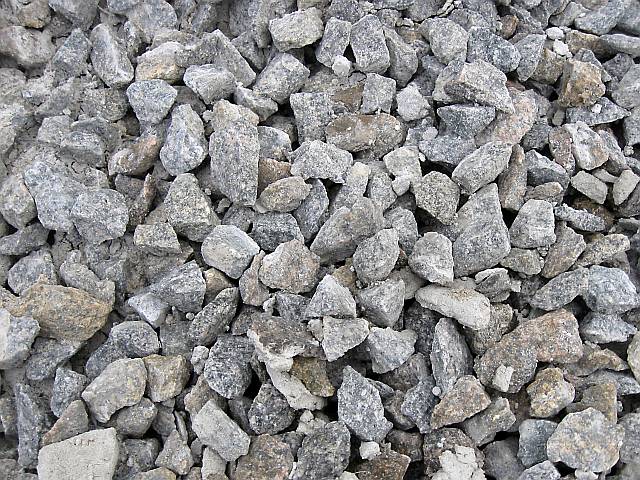Demand for mineral products, including essential construction materials like aggregates, ready-mixed concrete, asphalt and mortar, slowed in the second quarter of 2022, according to the Mineral Products Association’s latest industry survey.
Latest figures show that the tonnages of asphalt sold in Q2 2022 were 6% lower compared to the previous quarter, 7.4% lower for ready-mixed concrete and 9.8% lower for aggregates (crushed rock, sand and gravel).
Asphalt and crushed rock sales have both fallen from near record levels in 2021 – rebounding from the covid slump – while ready-mixed concrete, and sand and gravel sales slipped further below their pre-pandemic levels. Mortar sales were also down 3.4% on Q1, although from a high base and mortar volumes remain supported by house-building activity.
Survey data from MPA producer members indicates that demand for these materials dropped off markedly from June, with the extended bank holiday and the rail strikes said to have caused some disruption.
However, the main concern is that widespread cost inflation throughout the construction supply chain is starting to negatively impact on construction demand, possibly indicating the start of a more prolonged downturn, the MPA said. All mineral products markets, from the extraction of aggregates to the manufacture of downstream products, have been exposed to significant cost increases for raw materials, energy and labour in the past year.
Producers of energy-intensive ingredients for concrete and lime are finding themselves under pressure. Similarly, asphalt manufacturers have been hit by bitumen prices, which are 30-40% higher than they were a year ago. As costs have to be passed on, the commercial viability of future construction projects may be impacted, they warn. In roads for instance, local highway authorities are faced with significant material cost increases for repair and maintenance projects without any increase in their budgets. Anecdotal reports from asphalt producers indicate that some council projects have been pushed back for review because of these cost increases, causing further delays to project delivery and increasing overall uncertainty.
MPA director of economic affairs Aurelie Delannoy said that the third quarter was also looking challenging. “Current ONS data for construction output and new orders remain broadly positive, but prospects for mineral products sales have been dented by the record heatwave in July and the summer rail strikes,” she said.
Got a story? Email [email protected]


